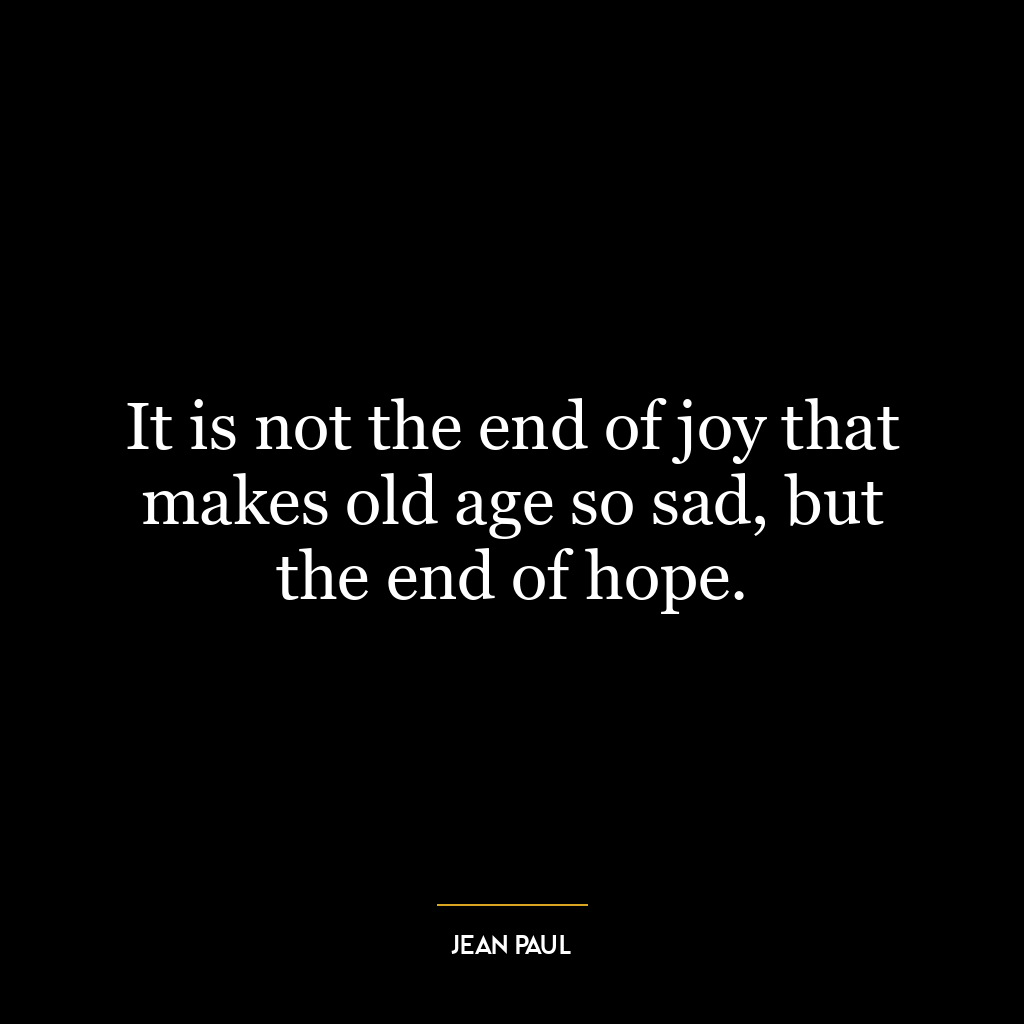Suffering cheerfully endured, ceases to be suffering and is transmuted into an ineffable joy.
This quote by Mahatma Gandhi suggests that the perception of suffering can be altered through one’s attitude. When one chooses to endure suffering with a positive outlook or cheerfulness, it ceases to be a burden and transforms into a source of profound joy. The experience of suffering is no longer defined by the pain it inflicts, but by the resilience and strength it cultivates within us.
This concept is deeply rooted in the idea of acceptance and resilience. Acceptance does not mean passively enduring pain or hardship, but rather acknowledging it as a part of life that can lead to personal growth. Resilience, on the other hand, is the ability to bounce back from adversity. When suffering is cheerfully endured, it is not only accepted but also used as a catalyst for personal development and growth.
In today’s world, this idea is highly applicable in various contexts. For instance, in the face of a global pandemic, many have had to endure significant suffering. However, adopting a positive attitude towards these challenges can transform this suffering into an opportunity for growth and learning. This might mean learning new skills, fostering deeper relationships, or developing a greater appreciation for the small joys in life.
In the realm of personal development, this idea encourages individuals to view challenges not as setbacks but as opportunities for growth. For instance, failing at a task does not necessarily denote incompetence or inadequacy. Instead, it can be seen as a chance to learn, improve, and become stronger. By cheerfully accepting failure, one can transmute the suffering associated with it into joy derived from learning and personal growth.
In conclusion, Gandhi’s quote is a powerful reminder that our perception and attitude towards suffering can significantly affect our experience of it. By cheerfully enduring suffering, we can transform it from a source of pain into a source of joy and personal growth.










